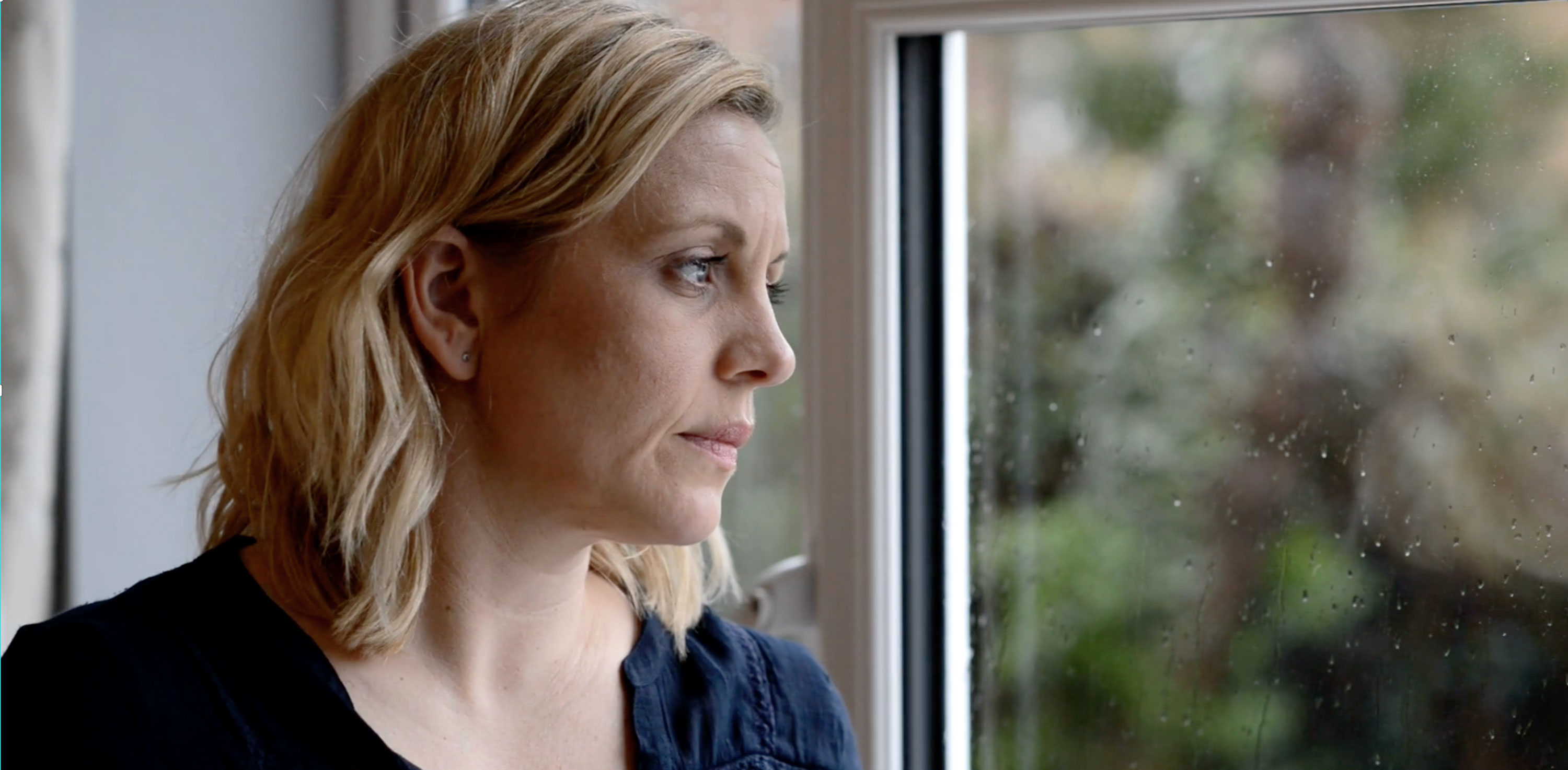
The Uncertainty
Your mind will do anything to get away from uncertainty. There is almost nothing that troubles the human brain more than, ‘just not knowing’.
Think back to the last time you had a dental appointment: the nervousness you experienced when waiting for a check-up was probably greater than when you received treatment. Despite the check-up being painless, the uncertainty of whether or not we will experience pain in the future is often harder to deal with than pain itself.
In an interview within The Harvard Business Review, Dr Giles Story reviewed his experiment on anticipatory pain, during which subjects were told that they would be given a range of electric shocks: “70% of the time our subjects opted to receive more painful shocks right away rather than wait for less painful shocks in the near future. We infer from this that dread—the anticipation of negative outcomes—is a powerful force.”
Uncertainty about a potentially negative outcome is the energy that drives the worry mechanism of our mind: we constantly try to make the future concrete so we can deal with it. Of course, not many things in life are entirely certain, but we all have a threshold of acceptable probability. Once this line is crossed, we are either settled on preparing for something to happen, or accept that it won’t happen at all.
Step in Covid-19.
The often-quoted maxim, “Past behaviour is the best predictor of future behaviour,” is a clue to the basis upon which we make many of the risk judgements referenced above. Typically we look back into the story of our own lives or to history to give ourselves a clue as to what will happen next. We look back to look forward.
When we get a cold, we look back on other colds to tell us what to expect. When the virus is brand new, we look back to other ‘new illnesses’ like SARS or Ebola and tell ourselves that, just like them, this new illness will affect a very small number people a very long way away.
The gradual realisation of the reality of a global pandemic is not only the realisation that many people are physically suffering all across the world, it is also the realisation that I cannot look back to look forward. What I find instead is my inability to resolve the most mind-boggling array of different possibilities, all of which present pain:
-
Will I get Covid-19?
-
If I get it, will I get it badly?
-
If I get it, will I pass it onto loved ones?
-
If they get it, will they get it badly?
-
Will I get furloughed?
-
Will I lose my job?
-
Will they find a vaccine?
-
Will I ever be able to go on holiday again?
You get the idea because you have had these thoughts a thousand times already over the last three months. Like a super-computer that is crunching over impossible probabilities, our minds are incessantly searching for the information that will give us, not a painless answer, but just any answer.
I have been observing the ways in which I try to trick myself out this painful state of ‘just not knowing’. I find myself using reassuring phrases like, “I’m just adapting to my new normal”- as if this situation is somehow ‘familiar’ and ‘normal.’ I was chatting to a friend the other night and said, “When we are old we will look back on this and say, ‘We survived the pandemic.’” Clearly, I was trying to reassure myself that I would survive, that I would get old and that I would still have friends! He replied, “Which one?” At which point my brain short-circuited.
This is where being a historic anxiety sufferer is actually helpful, because I have learnt that there are two ways out of this maze. The first and most automatic is to find the information that unlocks the dilemma and offers the concrete answer I am looking for. Sadly, where anxiety disorders are concerned, there aren’t many of these.
Secondarily I can practise living with the uncertainty and tolerating (or even inviting) the discomfort that it provokes. I tend to do a mish-mash of CTB/mindful exercises around this idea that leave me agreeing with an even worse outcome than the one I was initially worried about! I guess this makes me like the people in Dr Story’s experiment who opt for level 6 pain straight away, but at least I can settle on something other than the agony of ‘just not knowing’!
That settling unlocks the most powerful strategy of all; prayer. Since the Covid-19 pandemic began, search engine requests for ‘prayer’ have grown exponentially. Google searches for prayer have doubled with every 80,000 global cases. My own exploration of Google Trends Data showed that in the UK and US, searches for prayer moved from 50 to 100 on its scale of interest since January.
In my estimation and experience, the only lasting remedy to uncertainty is to place your trust in the one who holds the future. My prayers often begin with, “Lord, you know I’m worried right now, but I choose to let go of trying to work it all out. You are good and I am putting all of my hope in you….” What is awesome about prayer is that is isn’t just a form of words or a psychological strategy. Jesus actually responds to our prayers. Today, he responds to you with gentle compassion and reassurance: “Do not let your hearts be troubled. You believe in God; believe also in me.” (John 14:1)
Will Van Der Hart, 04/05/2020